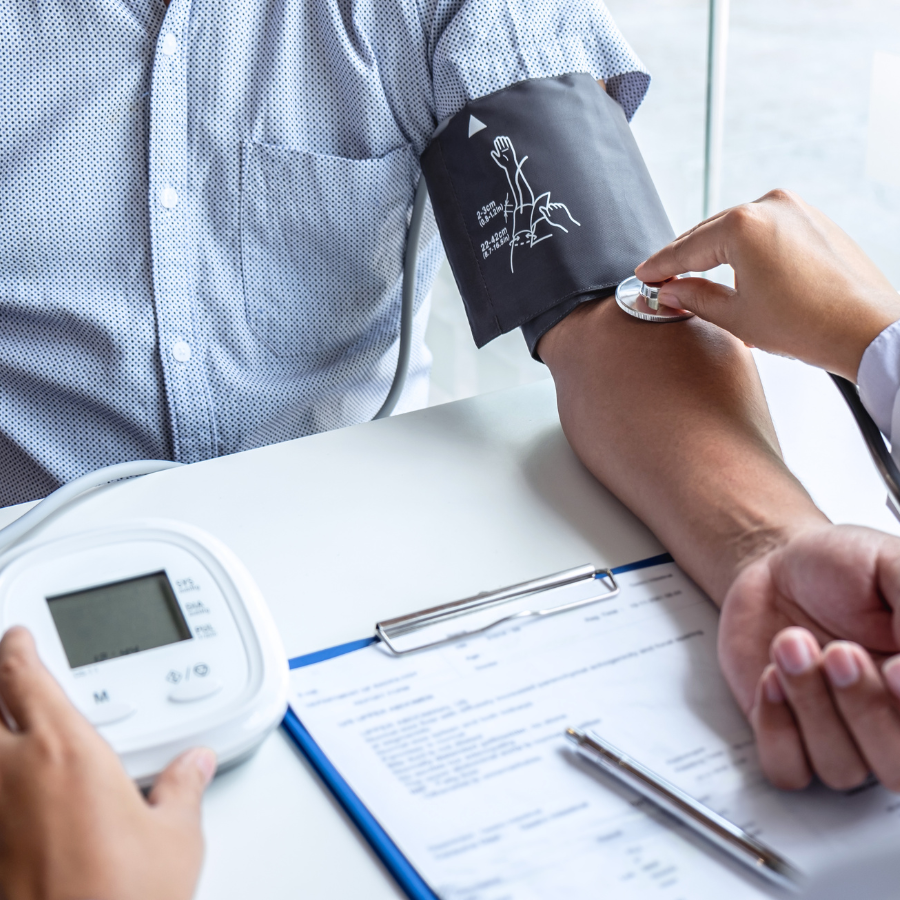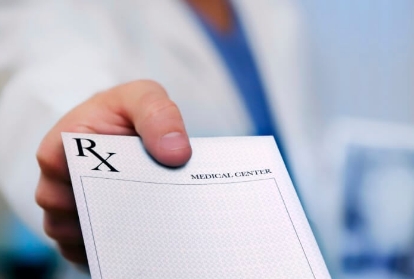High blood pressure, or hypertension, is a condition in which the force of your blood against your artery walls is too high. Over time, this can lead to serious health problems, such as heart disease, stroke, and kidney failure. If you have high blood pressure, it’s important to talk to your doctor about ways to lower it. With proper treatment, you can enjoy a long and healthy life.
High blood pressure is a common condition in the United States, affecting about 1 in 3 adults. The Centers for Disease Control and Prevention (CDC) estimates that about 75 million Americans have high blood pressure.
While high blood pressure can occur at any age, it is more common in adults over the age of 40. The risk of developing high blood pressure increases with age, as does the severity of the condition. High blood pressure is also more common in certain groups of people, including African Americans, Hispanics, and Native Americans. In addition, men are more likely to develop high blood pressure than women.
There are a number of factors that can increase your risk for high blood pressure. Some of these risk factors are modifiable, meaning you can change them through lifestyle choices or medication. Other risk factors are non-modifiable, which means you cannot change them.
Modifiable risk factors for hypertension include:
Obesity
High sodium diet
Low potassium diet
Drinking too much alcohol
Stress
Recreational drugs
Lack of exercise
Smoking
Non-modifiable risk factors include:
Age
Family history
Race
Other risk factors include chronic health conditions, Prescription and OTC drugs, and pregnancy.
You may not experience any signs or symptoms of high blood pressure, which is why it’s sometimes called “the silent killer.” But once high blood pressure begins damaging the body, you may experience these symptoms:
Severe headache
Fatigue or confusion
Vision problems
Chest pain
Difficulty breathing
Irregular heartbeat
Blood in the urine
If you experience any of these symptoms, it’s important to seek medical attention immediately. High blood pressure can be treated effectively with lifestyle changes and medication. With treatment, you can reduce your risk of developing serious health complications from high blood pressure.
If you experience any of these symptoms, it’s important to seek medical attention immediately. High blood pressure can be treated effectively with lifestyle changes and medication. With treatment, you can reduce your risk of developing serious health complications from high blood pressure.
Blood pressure is measured in millimeters of mercury (mmHg). Normal blood pressure is below 120/80 mmHg. If your top number is between 120-129 and your bottom number is below 80, you have elevated blood pressure. High blood pressure is a systolic reading of 130 or higher, or a diastolic reading of 80 or higher, that stays high over time.
There are often no symptoms in the early stages of high blood pressure so it is important to get your blood pressure checked regularly. High blood pressure can be treated with lifestyle changes like diet and exercise as well as medications. If you have been diagnosed with hypertension, it is important to follow your treatment plan and make necessary lifestyle changes to help keep your blood pressure under control.
There are many different types of medication available to help lower blood pressure and reduce the risks of complications. Some of the most common medications used to treat hypertension include diuretics, beta-blockers, and ACE inhibitors.
Diuretics work by helping the body to get rid of excess fluid, which can help to reduce blood pressure.
Beta–blockers work by blocking the effects of adrenaline, which can help to relax the blood vessels and lower blood pressure.
ACE inhibitors work by blocking a substance that helps to constrict the blood vessels, which can also help to lower blood pressure.
While there are many different medications available to treat hypertension, it is important to speak with a doctor or pharmacist before starting any new medication. They can help to determine which medication is best for each individual based on their medical history and other factors.
While high blood pressure and its risks can be frightening, the good news is that there are lifestyle changes you can make to lower your blood pressure and reduce your risk of developing these conditions. Here are some tips:
Cut back on salt. Too much salt can raise your blood pressure. Aim to consume no more than 2,300 mg of sodium per day (about one teaspoon).
Eat a healthy diet. A diet that is rich in fruits, vegetables, and whole grains and low in saturated and trans fats can help lower your blood pressure.
Get active. Exercise helps to lower blood pressure by improving the function of your heart and blood vessels. Just 30 minutes of moderate exercise most days of the week can make a difference.
Maintain a healthy weight. Being overweight or obese puts extra strain on your heart and blood vessels, which can lead to high blood pressure. Losing even a small amount of weight can help lower your blood pressure.
Reduce stress. Stress can cause your blood pressure to rise. Finding ways to manage stress, such as relaxation techniques or exercise, can help keep your blood pressure under control.
If you have high blood pressure, these lifestyle changes can help lower your numbers and reduce your risk of developing serious health problems down the road. Talk to your doctor about what changes would be best for you.

If you have a question about a prescription transfer or ordering from NextRx, we’d love to hear from you.

This will close in 0 seconds